EDITORIAL
Published on 19 Jan 2023
Editorial: Advances of radiomics and artificial intelligence in the management of patients with central nervous system tumors
doi 10.3389/fonc.2023.1081301
- 781 views
14k
Total downloads
40k
Total views and downloads
EDITORIAL
Published on 19 Jan 2023
ORIGINAL RESEARCH
Published on 18 Aug 2021
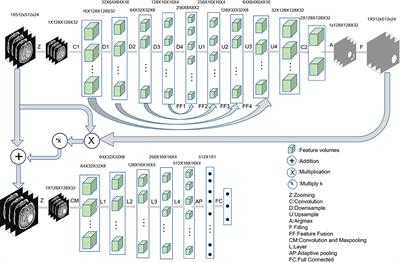
ORIGINAL RESEARCH
Published on 06 Jul 2021
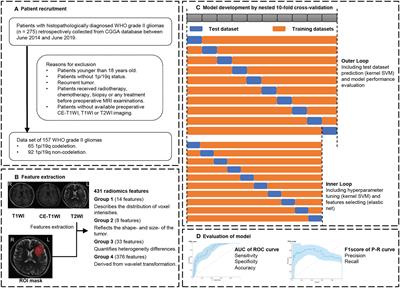
ORIGINAL RESEARCH
Published on 14 May 2021

ORIGINAL RESEARCH
Published on 15 Apr 2021
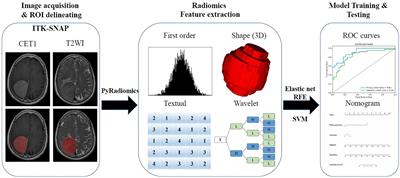
ORIGINAL RESEARCH
Published on 17 Mar 2021
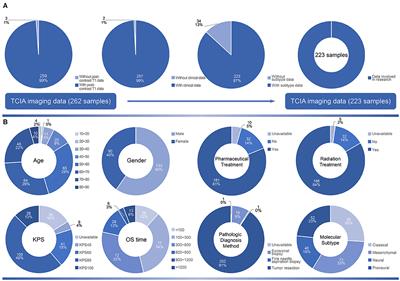
ORIGINAL RESEARCH
Published on 05 Mar 2021
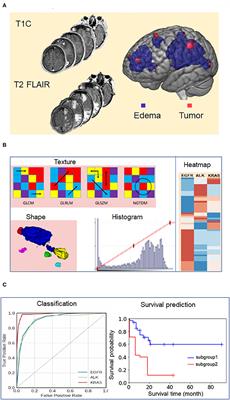
ORIGINAL RESEARCH
Published on 17 Feb 2021
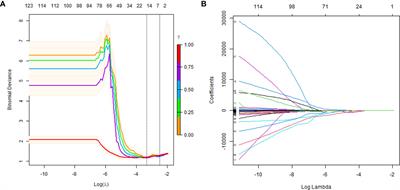
ORIGINAL RESEARCH
Published on 11 Feb 2021
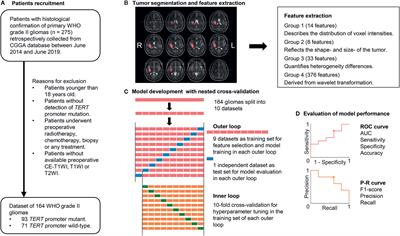
ORIGINAL RESEARCH
Published on 11 Feb 2021
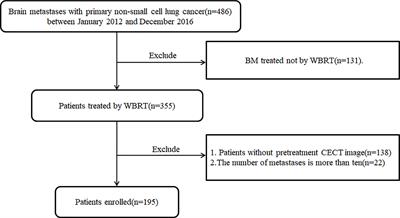
ORIGINAL RESEARCH
Published on 29 Jan 2021
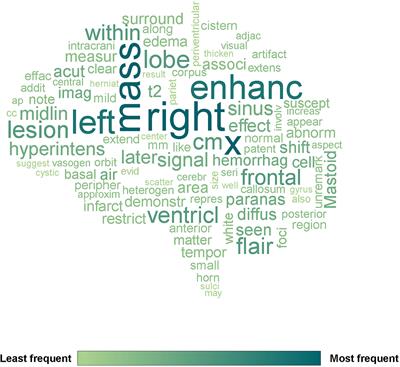
ORIGINAL RESEARCH
Published on 18 Dec 2020

